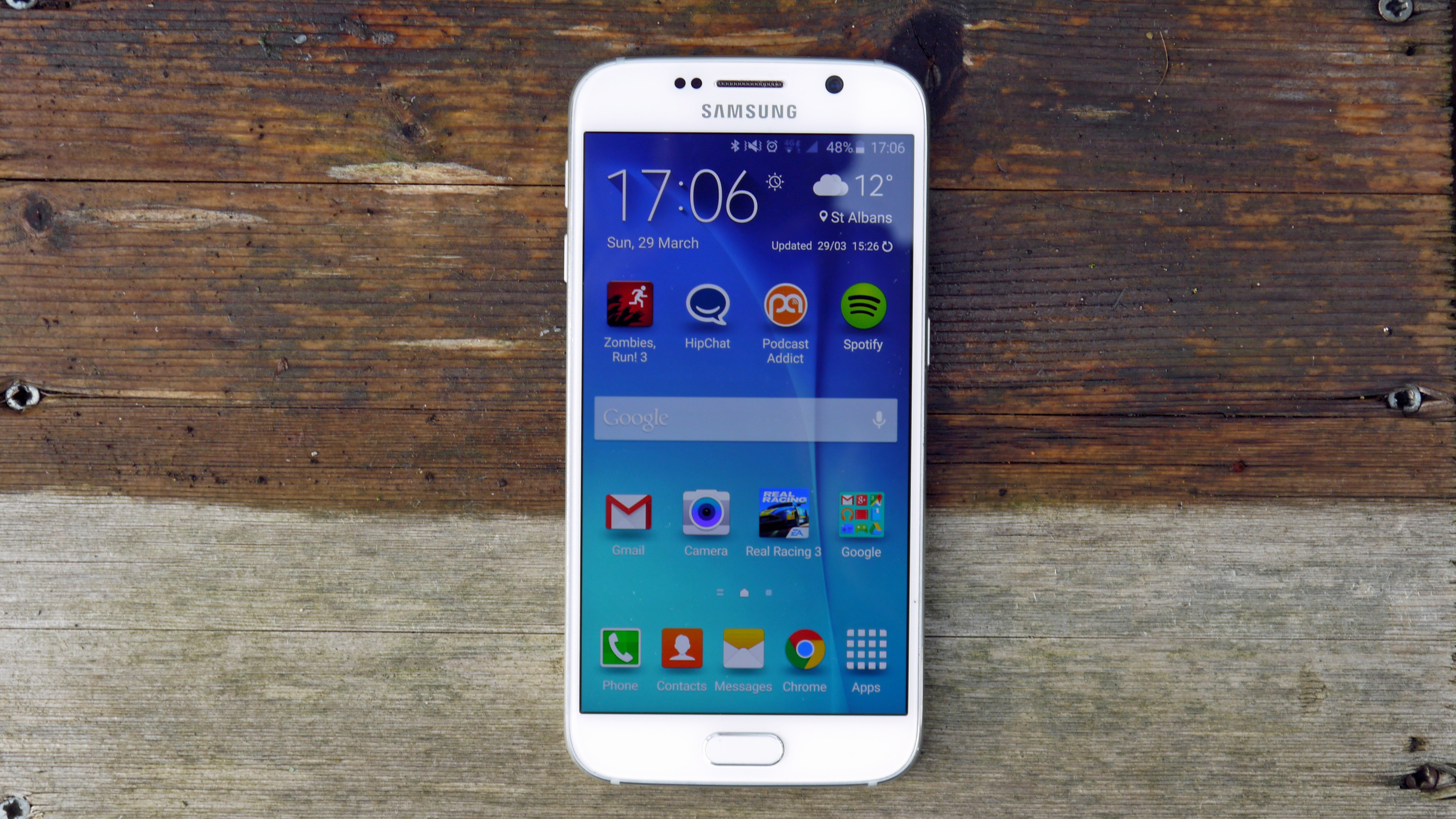Android for Work gains carrier support
Expanded Android for Work partnership

Google added 40 new partners to make it easier for business customers and IT administrators to use, adopt and deploy Android devices in corporate environments. Google is taking advantage of the bring your own device (BYOD) initiative with Android for Work to enable enterprise customers to use a single phone for work and play.
Google boasts over 10,000 businesses have begun testing, deploying or using Android for Work, and with 40 new partners, the program will hopefully become even more accessible. For the first time, wireless carriers are joining Google's program, including AT&T, Sprint, T-Mobile, Verizon, Rogers, Bell Canada, Telus Mobility and KT.
How it works
Thanks to the support of user profiles in Android 5.0 Lollipop, which is similar to separate user logins on Windows computers, separate personal and work profiles can be created. IT administrators can deploy apps to your phone through the work profile, and work content will be kept separate from your personal profile.
Similarly, your company won't be able to see your personal content that's stored under your profile. This separation makes it attractive for regulated industries, like finance and healthcare, as sensitive work data can remain secure, and users will appreciate that their employer won't have access to their personal emails, photos or messages.
Google is also promoting Samsung's Galaxy S6 and the Blackphone as part of the program. The former comes with Knox for security and the latter is promoted with extra encryption. Samsung's Knox adds additional hardware level security on top of Android for Work, including TrustZone-based Integrity Management Architecture (TIMA).
"Samsung, for example, offers some of the highest levels of government certification with its KNOX devices, while Blackphone by Silent Circle has built enhanced privacy and security features on top of the Android platform," said Google in a statement.
Some customers who are already using Android for Work include SAP, World Bank, Guardian Life Insurance and the US Army.
Are you a pro? Subscribe to our newsletter
Sign up to the TechRadar Pro newsletter to get all the top news, opinion, features and guidance your business needs to succeed!
The competition
Both Google and Apple are competing for enterprise adoption. According to numbers released by Good Technology early this year, iOS adoption in the enterprise is at 73%, up from, 69% from the end of last year.
Android activations declined from 29% to 25%. Both companies are trying to win customers after BlackBerry, which historically had a strong enterprise support with its security, has been losing overall smartphone market share in recent years. In addition to security features like Touch ID, Apple is also partnering with IBM to deliver enterprise apps to make iOS more attractive to business users.